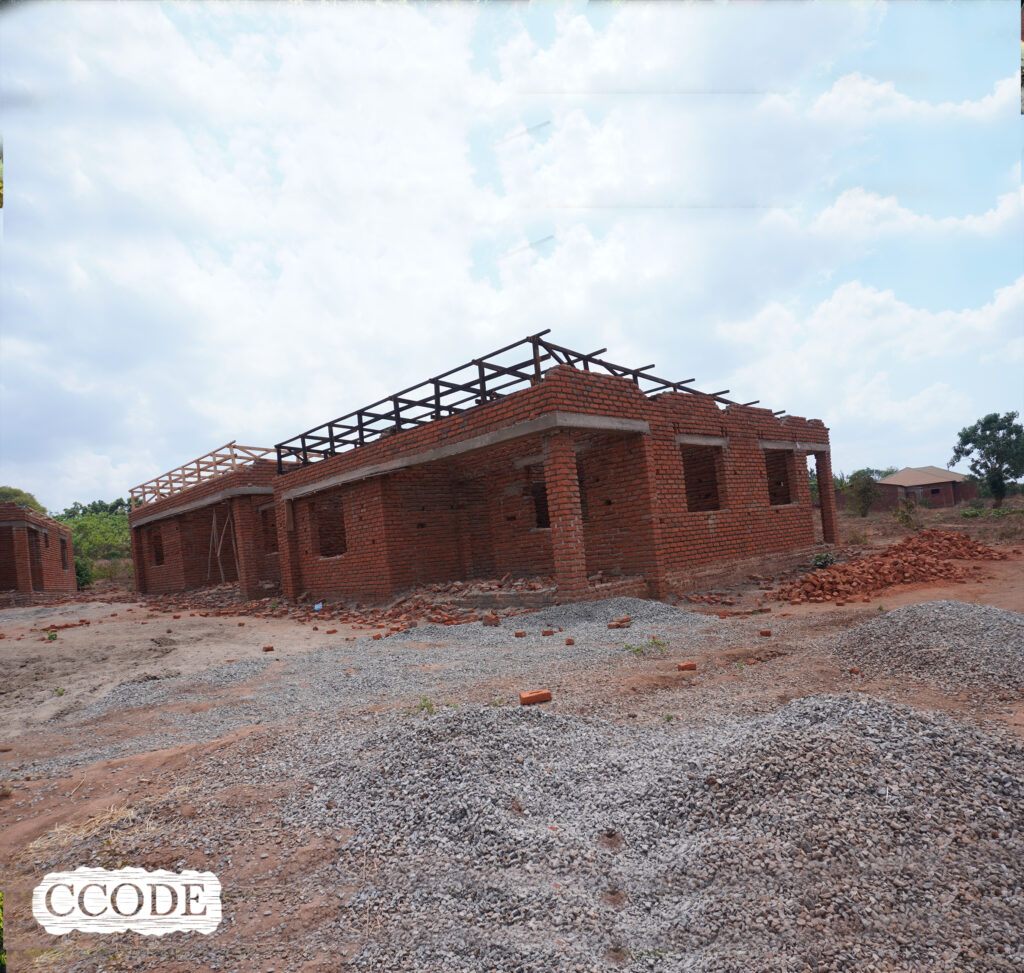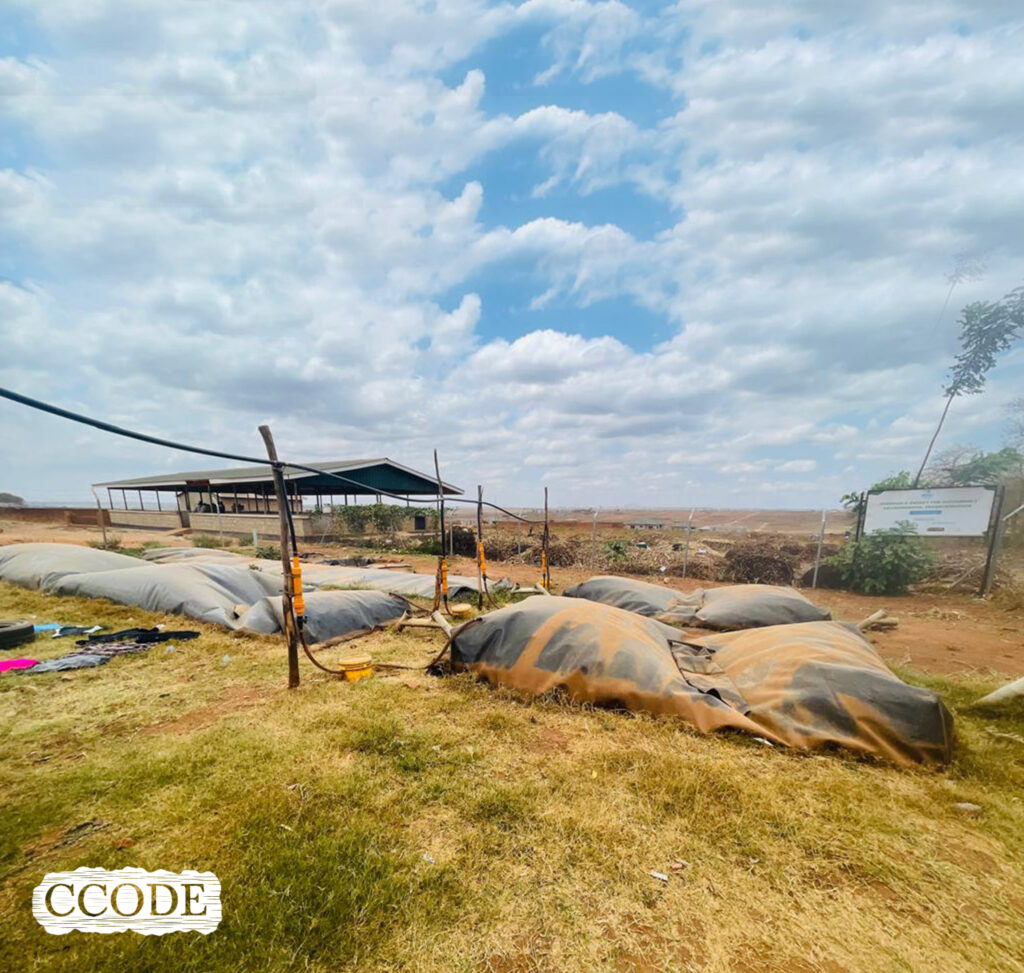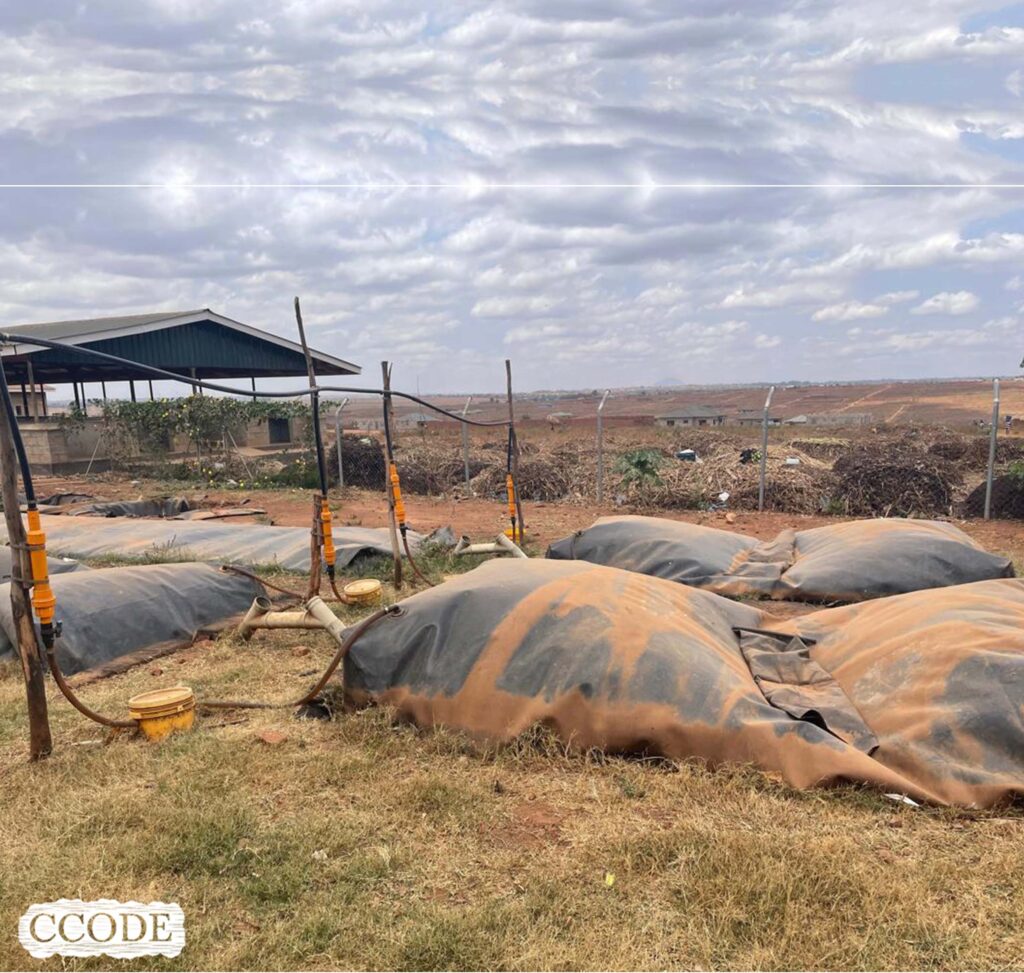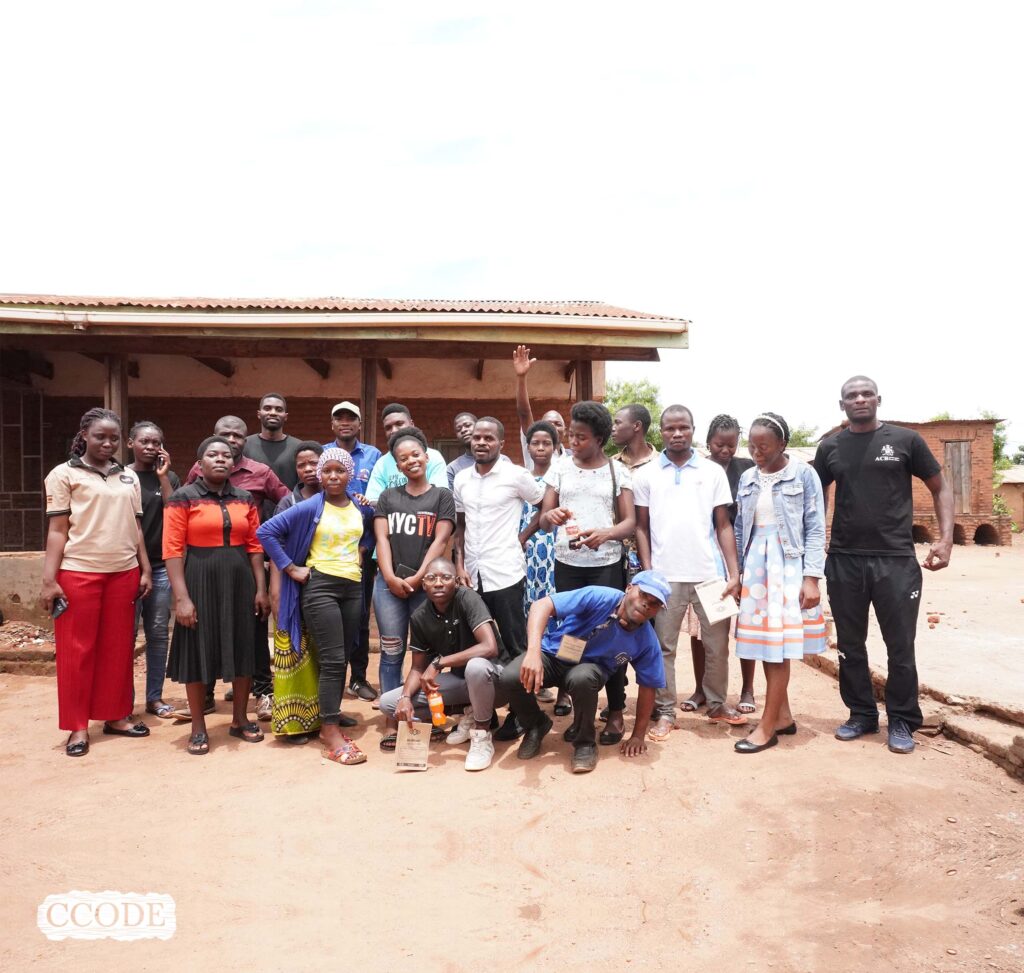Our Projects
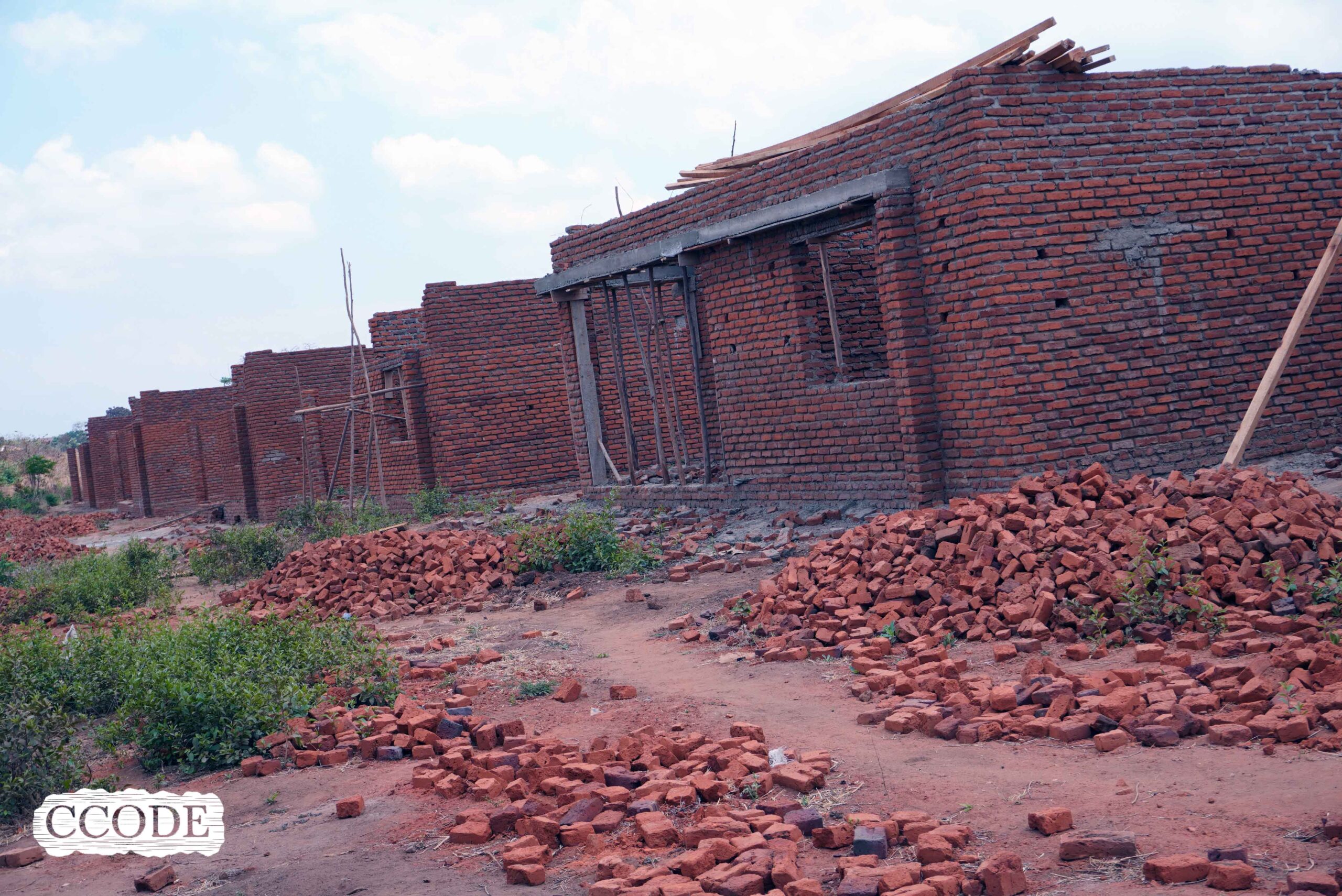
Right to Adequate Housing
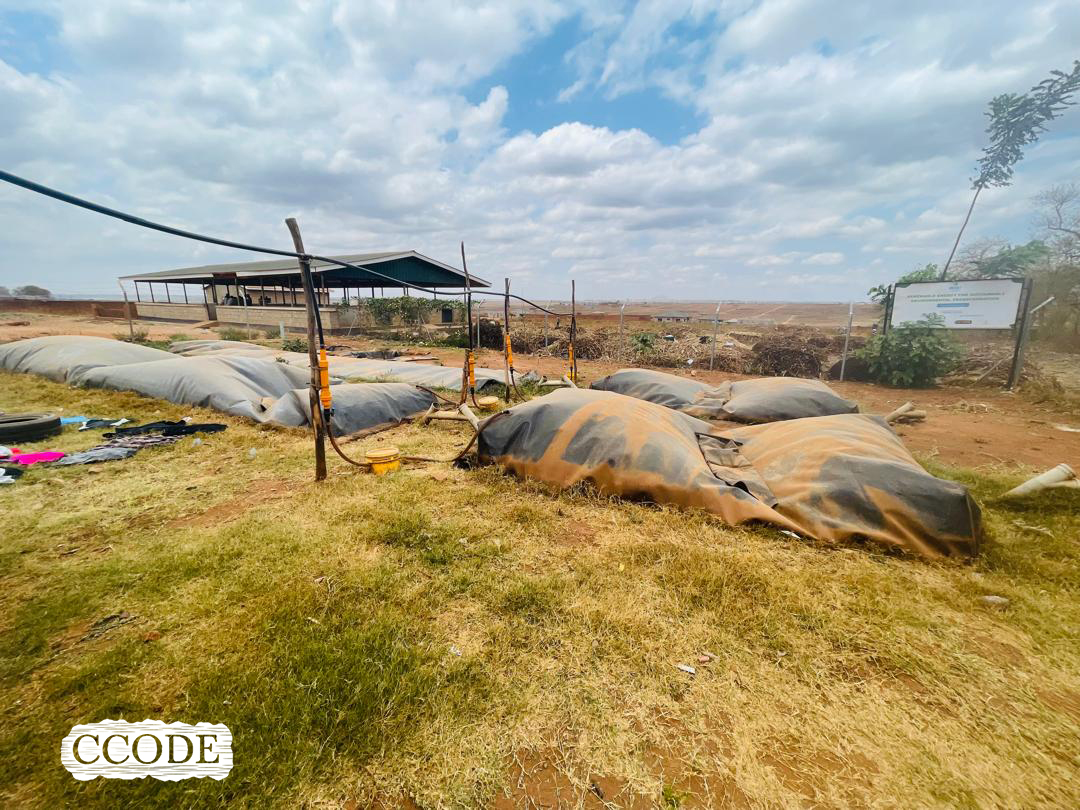
Improved Livelihoods

Voice and Accountability
Right to adequate housing
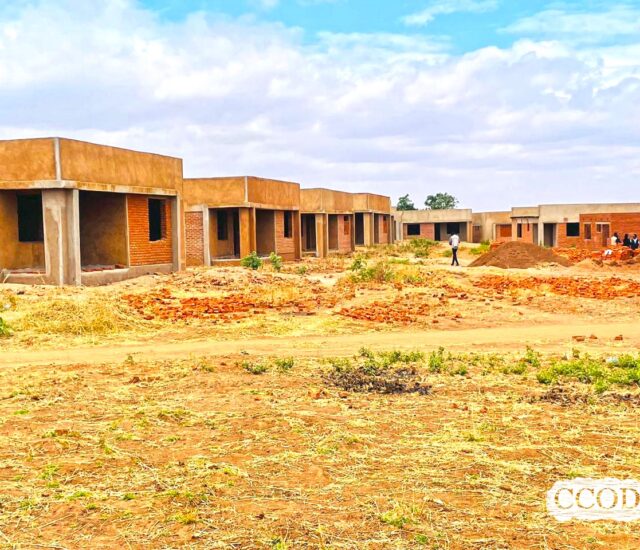
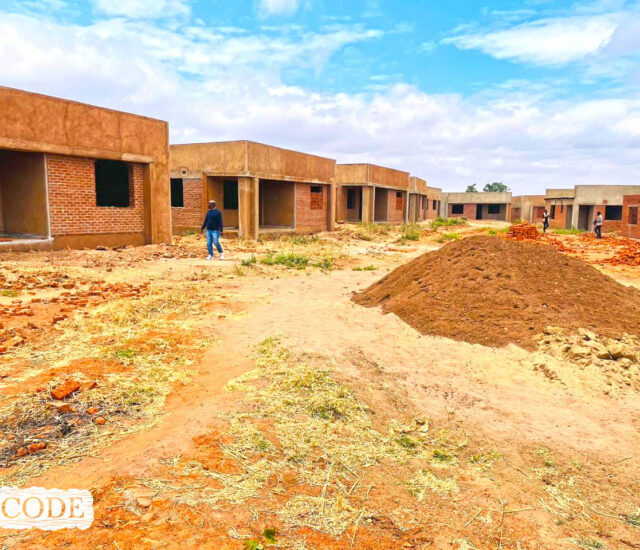
Access to decent, affordable, and secure housing remains a critical challenge for many in Malawi. The urban poor, particularly those living in informal settlements and marginal spaces, face dire conditions in substandard, often dilapidated structures that leave them vulnerable to the elements and health risks. Without legal tenure rights, many are at constant risk of eviction, living in a state of insecurity and instability.
The housing market is deeply inequitable, with affordable options scarce and rental costs often pushing tenants into rental-induced poverty. The poor also bear the highest costs for basic services, which are inadequate or inaccessible, and urban infrastructure is limited or non-existent. Meanwhile, the land and housing markets primarily serve the wealthy and powerful, while the government’s efforts remain fragmented and politically driven, lacking a clear, inclusive strategy for addressing the housing crisis.
Additionally, outdated water and sanitation technologies continue to be imposed on vulnerable communities, exacerbating their lack of access to clean water and proper sanitation. The housing sector is further hindered by a lack of investment and representation for the urban poor, leaving them with little voice to advocate for their rights and needs in a system that largely ignores them.
Solutions:
- Addressing security of tenure through land registration and informal settlement regularisation
- Provision of rental housing
- Home improvements
Current efforts
Improving the Housing and Income Situation of Particularly Vulnerable Population Groups Using the Example of Selected Slum Areas in The Capital Lilongwe Project:
This project, implemented in the informal settlements of Chinsapo and Mtandire in Lilongwe, seeks to enhance the living conditions and economic prospects of vulnerable families. Running from 2022 to 2025, the initiative focuses on providing home improvement loans to 550 families, enabling them to repair and upgrade their homes for better living standards. Additionally, the project aims to establish a housing cooperative targeting low-income earners, the project will also facilitate the construction of 30 new precedent-setting affordable housing units. This cooperative approach not only provides better housing but also empowers the community through collective ownership. Furthermore, the project advocates for secure land tenure for low-income residents, ensuring that families have legal protection against evictions and can invest confidently in their homes.
To support sustainable livelihoods, the project includes the training of young people in construction-related skills, such as masonry, carpentry, and plumbing. This not only addresses the skills gap in the construction sector but also creates employment opportunities for youth in the community.
Through this comprehensive approach, the project aims to build resilient, sustainable communities in Lilongwe.
Improved Livelihoods
There is high unemployment and most of the people we serve lack income generating activities and have no necessary skills to earn a decent living. A majority of our constituents -women and the youth, are in the informal sector but face discrimination by the law.
Despite their efforts to earn their living legally, the laws criminalise their activities. Cities have failed to provide infrastructure for them to do their businesses properly and have taken advantage of the prevailing constraints to ill-treat them.
There is a lack of representation and policies that speak to the needs of the informal traders let alone recognise their role in national development.
The financial market is also closed. The poor have no access to affordable credit. Oftentimes, the conditions they confront make it difficult for them to grow their businesses. There is a new form of slavery of informal traders through loans that are very expensive and are designed to extract their energy to the benefit of a few profit-seekers.
Solution
- Financial inclusion
- Job supply
- Skills development
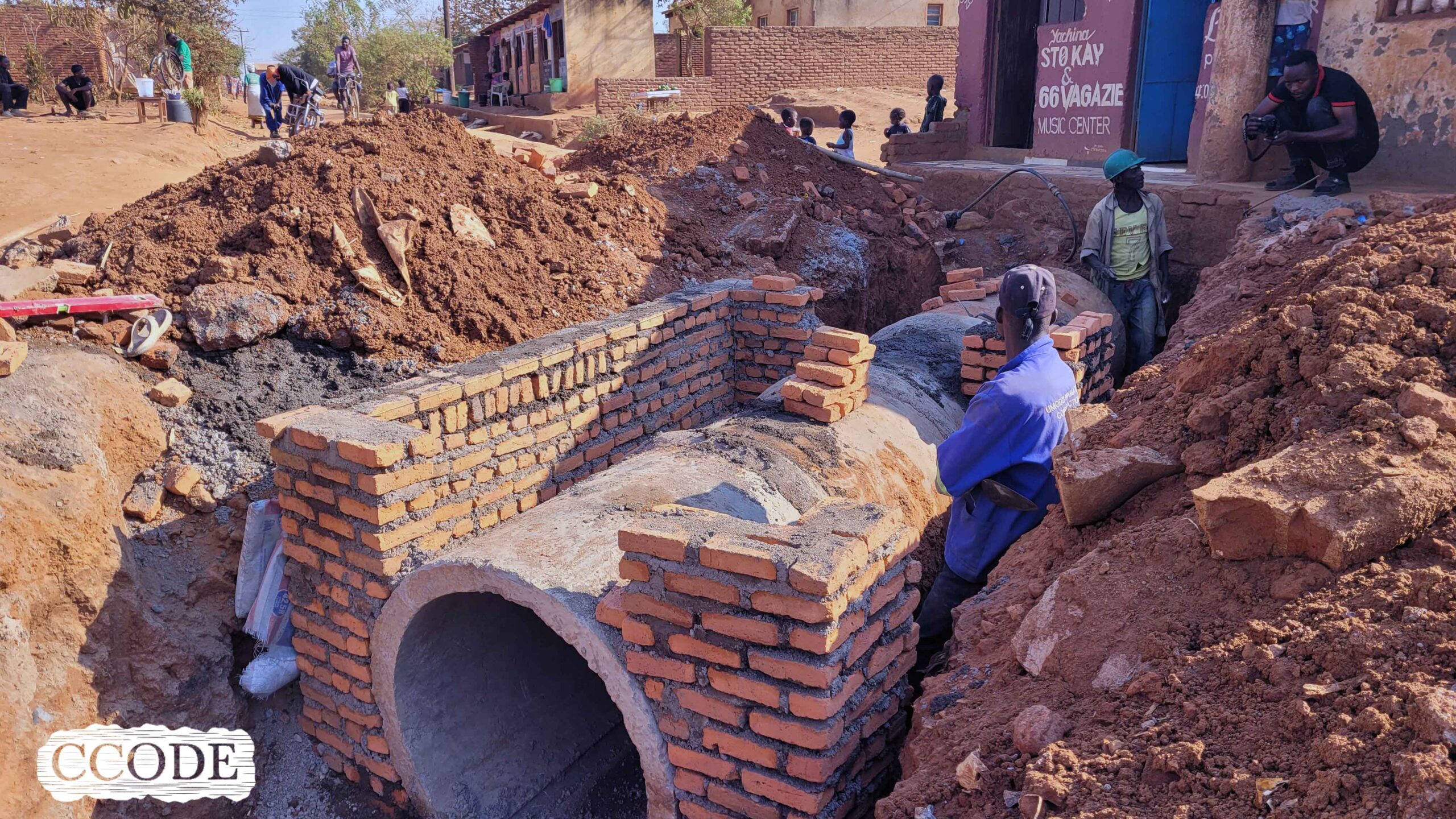
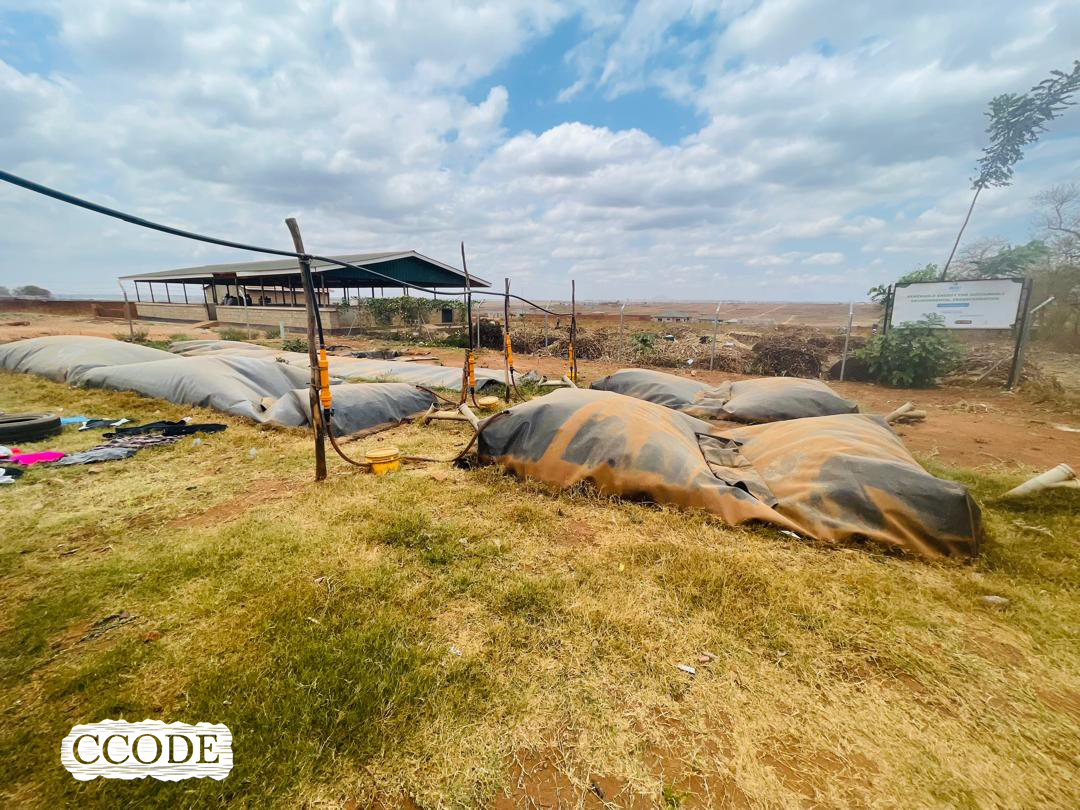
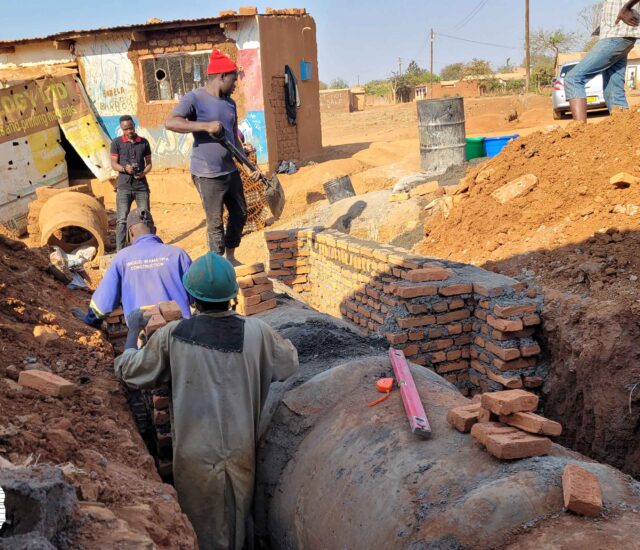
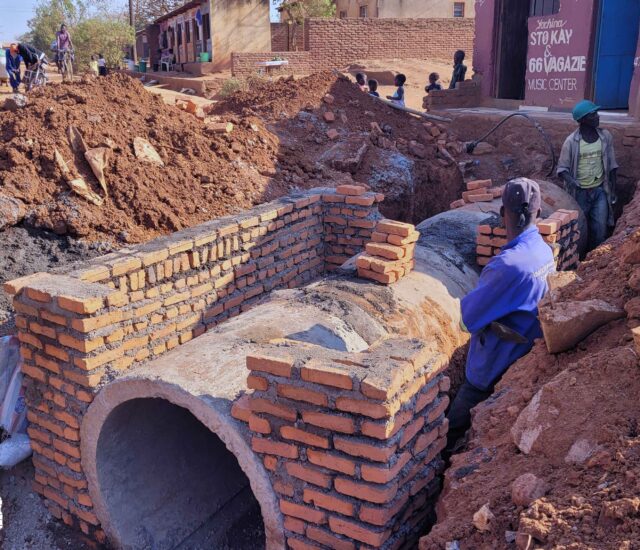
The urban poor in Malawi face increasing vulnerability to the impacts of climate change and other environmental shocks, which are exacerbated by their limited access to essential resources and opportunities. Human activity has significantly damaged the environment, yet the brunt of this environmental degradation is being borne by the poor, while the benefits have largely gone to the wealthy and powerful. The lack of access to affordable renewable energy technologies further exacerbates energy inequality, as the urban poor are excluded from the transition to cleaner, more sustainable energy solutions.
In addition to this, the urban poor face significant barriers to participating in climate resilience efforts and environmental conservation. They often lack access to information on sustainable practices, such as waste management, renewable energy adoption, and green technologies, preventing them from playing an active role in mitigating climate change and reducing greenhouse gas emissions. Despite the growing need for climate justice, communities remain underrepresented in the development of solutions that address their specific needs, leaving them unprepared for the effects of climate-related shocks.
Furthermore, these communities lack the basic infrastructure—such as secure housing, reliable sanitation, and clean water—that would reduce their susceptibility to climate risks and enhance their resilience to environmental challenges. Without the means to adapt to or mitigate these changes, the urban poor continue to face the disproportionate consequences of a rapidly changing world, while being denied the opportunity to contribute to the solutions.
Solution
- Design and provide resilient urban infrastructure
- Provision of appropriate clean technologies
- Facilitate open access to information
Current efforts
In response to the socio-economic impacts of CoronaVirus disease-19 (Covid-19), this project supports recovery efforts in the informal settlements of cities of Blantyre, Lilongwe, Mzuzu, and the town of Machinga. The focus is on strengthening the resilience of residents through a variety of strategies. Key activities include reinforcing savings groups to enhance financial stability and providing skills and business training to diversify income sources. This enables residents to rebuild their livelihoods in a post-pandemic context.
Additionally, the project promotes the establishment of waste management businesses, which address both environmental and economic challenges by turning waste into value. To enhance community-led governance, the project supports training in community data collection, advocacy, and participatory planning, empowering residents to engage in decision-making processes that affect their lives. The initiative also facilitates exchange visits and engagement forums for shared learning, enabling communities to adopt best practices in co-production. By strengthening the socio-economic fabric and governance structures, the project aims to ensure sustainable post-Covid19 recovery for these vulnerable communities.
With the goal of promoting sustainable construction practices, this project is focused on the introduction of Vertical Shaft Brick Kiln (VSBK) technology in Malawi from 2022 to 2025. The VSBK method is a cleaner, more efficient, and cost-effective alternative to traditional brick-making processes, which typically rely on firewood. By using coal and biomass briquettes as fuel, the VSBK technology significantly reduces environmental degradation while lowering production costs.
The project promotes the adoption of eco-friendly building materials and techniques, contributing to reduced carbon emissions and deforestation. It also provides training to local brickmakers and construction workers, enabling them to transition to greener practices. The long-term aim is to foster a shift in the construction industry towards more sustainable and environmentally responsible methods, ultimately contributing to climate resilience in Malawi.
This 12-month project focuses on improving disaster preparedness and resilience in Malawi’s four major cities: Blantyre, Lilongwe, Mzuzu, and Zomba. Targeting 2,300 families, the initiative provides cash transfers to vulnerable households, helping them to better cope with immediate needs during disasters. The project emphasises the integration of early warning systems with early action, ensuring that communities are not only informed of potential risks but are also equipped to respond proactively.
By promoting community-based disaster preparedness, the project aims to reduce the impact of natural hazards such as floods and storms, which are becoming more frequent due to climate change. The focus on inclusivity ensures that marginalised groups, including women, youth, and people with disabilities, are actively involved in disaster risk management and response planning.
In Malawi, the urban sector is highly fragmented, lacking cohesive advocacy for the needs and aspirations of the urban poor. Despite the existence of institutionalised spaces for citizen participation in governance, these platforms have become ineffective, often serving as rubber-stamping forums rather than genuine venues for accountability and decision-making.
While decentralisation was intended to empower local governance and ensure meaningful participation from all citizens—including the urban poor—it has largely proven to be tokenistic. Resources and decision-making power remain centralised, leaving local governments underfunded and paralyzed. Consequently, local governance structures fail to support participatory democracy, and citizens, particularly those in urban poor communities, are excluded from influencing the decisions that directly affect their lives. This exclusion is especially pronounced for marginalised groups like the urban poor and youth, whose voices are routinely ignored or sidelined.
The political landscape remains dominated by patriarchal structures and elite interests, further entrenching the disempowerment of the poor. Institutions that are meant to represent citizens often fail to hold leaders accountable, with policies and laws serving the interests of those in power rather than the public. The urban poor, in particular, are left with limited access to information, laws, and resources that could improve their living conditions, making it harder for them to engage in the political process.
As a result, the urban poor remain disconnected from decision-making, trapped in a cycle of exclusion and inequality. The absence of genuine representation and accountability in governance perpetuates this disenfranchisement, preventing the realisation of true participatory democracy and social justice in the urban sphere. Without strong and unified advocacy, the urban poor continue to be marginalised in the policies that directly impact their lives, from housing to basic services, leaving them vulnerable to both political and environmental shocks.
Solution
- Empower a critical mass of citizens
Current efforts
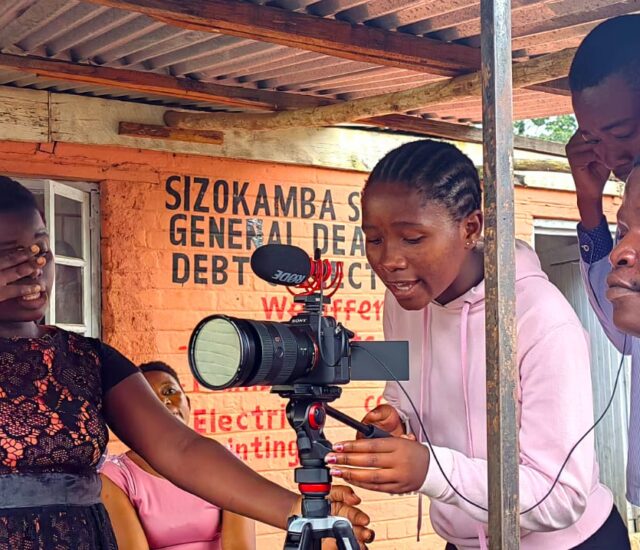
This 15-month program is designed to enhance the capacity of youth in informal settlements to actively participate in the Federation of the Rural and Urban Poor activities. The focus is on empowering young leaders to take on key roles within the federation movement in Malawi, ensuring that youth voices are heard in decision-making processes.
Through targeted training and mentorship, the program aims to build the leadership and organisational skills of young people, enabling them to drive initiatives that address the needs of their communities. By fostering youth involvement, the project not only strengthens the sustainability of the SDI movement but also nurtures the next generation of community leaders, ensuring long-term social impact and continuity. The project has a micro-grant element focusing on community initiatives.

